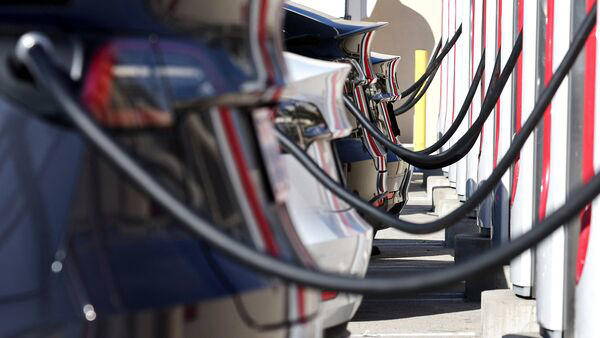Delhi’s Electric Vehicle Policy 2.0
The Delhi government is set to announce its Electric Vehicle (EV) Policy 2.0. This new policy aims to phase out CNG-driven autorickshaws and fossil fuel vehicles. It reflects a commitment to reducing air pollution in the capital. The draft policy introduces several key recommendations.
Phasing Out CNG Autorickshaws
The draft policy recommends that no new CNG autorickshaw registrations be allowed from August 15. Existing CNG autorickshaw permits will not be renewed after this date. The plan mandates that these permits be replaced with electric autorickshaw permits. Additionally, all CNG autorickshaws over ten years old must be replaced or retrofitted to run on electric batteries.
Transitioning Waste Collection Vehicles
Fossil fuel-driven vehicles used for solid waste management will also be phased out. The policy suggests that all garbage collection vehicles owned by municipal bodies transition to electric. The goal is to achieve a 100% electric fleet by December 31, 2027. This move aims to enhance air quality and reduce reliance on fossil fuels.
Changes for Public Transport Buses
Public transport buses operated by the Delhi Transport Corporation (DTC) and Delhi Integrated Multi-Modal Transit System (DIMTS) will also see changes. The draft policy mandates that these organisations procure only electric buses for intra-city operations. For inter-state services, buses must comply with BS VI emission standards.
Restrictions on Two-Wheelers and Goods Carriers
The draft policy outlines a ban on petrol, diesel, and CNG two-wheelers starting August 15, 2026. Similarly, no diesel or petrol three-wheeler registrations for goods carriers will be permitted from August 15, 2025. This is part of a broader strategy to promote the use of electric vehicles across various transportation sectors.
Private Vehicle Ownership Guidelines
The policy introduces guidelines for private car owners. Individuals will be required to purchase electric cars only if they already own two vehicles. This recommendation aims to encourage the adoption of electric vehicles among private owners while managing the transition period effectively.
Timeline and Future Steps
The current EV policy has been extended for an additional 15 days following its expiration on March 31. This extension is seen as final as the new policy draft nears completion. The policy will be officially notified after receiving approval from the Delhi Cabinet.
Month: Current Affairs - April, 2025
Category: Environment Current Affairs







